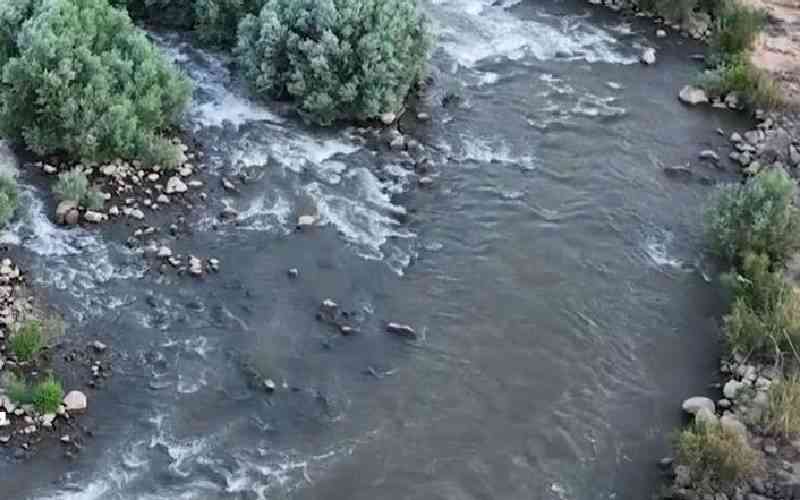×
The Standard e-Paper
Fearless, Trusted News

Kristen Burckhartt felt overwhelmed. She needed time to reflect, to let it sink in that she had just briefly soaked her feet in the water where Jesus is said to have been baptized, in the Jordan River.
"It's very profound," said the 53-year-old visitor from Indiana. "I have not ever walked where Jesus walked, for one thing."